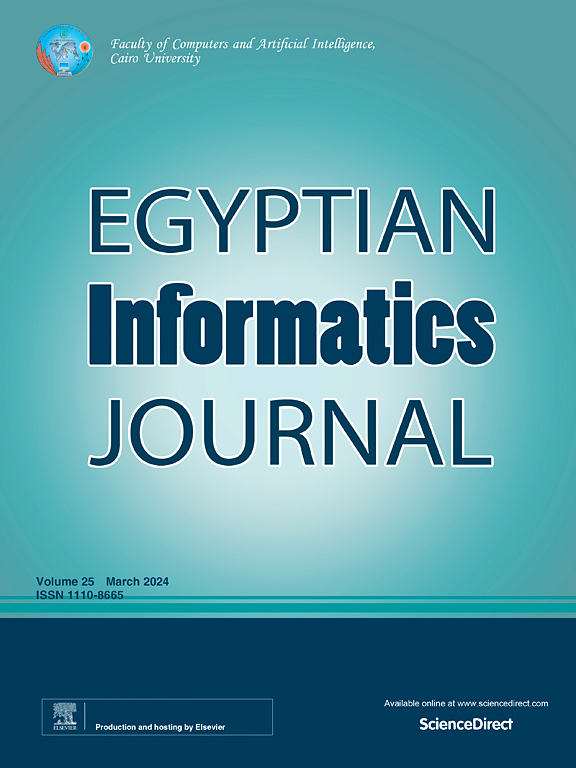Improved lightweight node storage solutions in blockchain
IF 4.3
3区 计算机科学
Q1 COMPUTER SCIENCE, ARTIFICIAL INTELLIGENCE
引用次数: 0
Abstract
Lightweight nodes in blockchain systems face challenges in terms of dependence, verification efficiency, and security due to their limited storage and growing data volume. This article focuses on two types of lightweight nodes: lightweight clients (e.g., Bitcoin wallets) and DHT (Distributed Hash Table) cluster nodes. Lightweight clients rely entirely on full nodes for transaction verification, resulting in dependence and vulnerability. DHT cluster nodes share storage; thereby, each node maintains a fraction of the data and retrieves the remaining data from other nodes. This will introduce processing latency when verifying new transactions. Testing conducted on Bitcoin indicates that nodes maintaining recent blocks can locally verify most new transactions. Based on this, this article proposes a new design, RBS (Recent Block Storage), where each cluster node stores recent blocks and shares older ones. Lightweight clients expand storage for recent blocks. Test results on Bitcoin show this design can reduce remote data retrieval and associated processing delays for lightweight nodes by 90 % with only 8 GB of extra storage per node. This design improves the independence and security of lightweight clients and reduces inter-node data retrieval within DHT clusters. It will facilitate the broader application of blockchain technology across various fields.
改进了区块链中的轻量级节点存储解决方案
区块链系统中的轻量级节点由于其有限的存储空间和不断增长的数据量,在依赖性、验证效率和安全性方面面临挑战。本文主要关注两种类型的轻量级节点:轻量级客户端(例如,比特币钱包)和DHT(分布式哈希表)集群节点。轻量级客户机完全依赖全节点进行事务验证,从而导致依赖性和脆弱性。DHT集群节点共享存储;因此,每个节点维护数据的一部分,并从其他节点检索剩余的数据。这将在验证新事务时引入处理延迟。在比特币上进行的测试表明,维护最近区块的节点可以在本地验证大多数新交易。基于此,本文提出了一种新的设计,RBS(最近块存储),其中每个集群节点存储最近的块并共享旧的块。轻量级客户机为最近的块扩展存储。在比特币上的测试结果表明,这种设计可以将轻量级节点的远程数据检索和相关处理延迟减少90%,每个节点只有8 GB的额外存储空间。这种设计提高了轻量级客户机的独立性和安全性,减少了DHT集群内节点间的数据检索。它将促进区块链技术在各个领域的更广泛应用。
本文章由计算机程序翻译,如有差异,请以英文原文为准。
求助全文
约1分钟内获得全文
求助全文
来源期刊

Egyptian Informatics Journal
Decision Sciences-Management Science and Operations Research
CiteScore
11.10
自引率
1.90%
发文量
59
审稿时长
110 days
期刊介绍:
The Egyptian Informatics Journal is published by the Faculty of Computers and Artificial Intelligence, Cairo University. This Journal provides a forum for the state-of-the-art research and development in the fields of computing, including computer sciences, information technologies, information systems, operations research and decision support. Innovative and not-previously-published work in subjects covered by the Journal is encouraged to be submitted, whether from academic, research or commercial sources.
 求助内容:
求助内容: 应助结果提醒方式:
应助结果提醒方式:


